Electrical Wire For Commercial Building
As commercial buildings continue to be constructed at a rapid pace, electrical wire for commercial building has become an essential component of the construction process. Whether it's for lighting, power, or data transfer, electrical wire is crucial for the functioning of these buildings. However, the selection and installation of electrical wire can be a complex process that requires careful consideration.
Pain Points Related to Electrical Wire for Commercial Building
Electrical wire for commercial building comes with a range of pain points, including safety concerns, cost issues, and compliance requirements. Additionally, the selection of the correct wire gauge and material can be a daunting task, and mistakes in choosing the wrong wire for a particular application can be costly to rectify.
Answering the Target of Electrical Wire for Commercial Building
Electrical wire for commercial building can be divided into two main categories: power cables and control cables. Power cables are designed to transmit electrical power from a source to a load, while control cables transmit signals to control the electrical power. The selection of the correct type of cable depends on the application and the load's specific requirements. For instance, in high-rise buildings, power cables must be fire-resistant to meet safety requirements. Control cables, on the other hand, must have high noise immunity to ensure correct transmission of signals.
Main Points Related to Electrical Wire for Commercial Building
When designing and installing electrical wire for commercial building, it is crucial to consider various factors, such as the building's size, function, and local regulations. It is also essential to choose high-quality wire that meets safety standards and is compatible with the load's requirements. In addition, proper installation methods and practices must be employed to ensure the safety and reliability of the electrical system.
The Importance of Electrical Wire for Commercial Building
Electrical wire for commercial building is an essential component in modern construction. Commercial buildings require substantial electrical power to operate all the necessary equipment for their various functions. Properly installed and maintained electrical wire ensures that the building is safe and functional.
During my time working in electrical installation for commercial buildings, I have encountered various challenges in selecting and installing the correct electrical wire for specific applications. One significant challenge is ensuring compliance with local regulations regarding the size and type of wire to use in different areas of the building.
There are various types of electrical wire available for commercial building applications. These include copper, aluminum, and various insulation materials, including thermoplastic, rubber, and thermoset materials. The selection of the correct wire for a specific application depends on various factors such as the distance, load, and environmental conditions.
Understanding Electrical Wire for Commercial Building in More Detail
Copper is the most commonly used material for electrical wire in commercial buildings due to its high conductivity and durability. Aluminum wire is also used in specific applications due to its cost-effectiveness and lightness. However, it is less conductive than copper and may require a larger gauge to transmit the same amount of power.
Thermoplastic insulation is commonly used in commercial buildings due to its flexibility, ease of installation, and chemical resistance. However, it is not suitable for high-temperature applications. Thermoset insulation is ideal for high-temperature applications due to its resistance to heat and fire. However, it may be more challenging to install than thermoplastic insulation.
The Future of Electrical Wire for Commercial Building
As technology and innovation continue to advance, the construction and electrical industries will continue to evolve. Electrical wire for commercial building will continue to play a vital role in ensuring the safety and functionality of these buildings. However, there will be a greater emphasis on sustainability and energy efficiency, leading to the development and adoption of new materials and systems in the near future.
Question and Answer
What are the critical factors to consider when selecting electrical wire for commercial building?
The critical factors to consider include the load's requirements, the distance, environmental conditions, safety standards, and local regulations.
What are the typical types of electrical wire used in commercial building applications?
The typical types of electrical wire used in commercial building applications include copper, aluminum, and various insulation materials such as thermoplastic, rubber, and thermoset materials.
Why is proper installation of electrical wire essential?
Proper installation of electrical wire ensures that the building is safe and functional. Improper installation can lead to safety hazards, electrical fires, and equipment malfunction.
How will advancements in technology affect the future of electrical wire for commercial building?
Advancements in technology will lead to the development and adoption of new materials and systems that are more sustainable, energy-efficient, and cost-effective.
Conclusion
Electrical wire for commercial building is a crucial aspect of modern construction. The selection of the correct wire and proper installation methods are essential to ensure the safety and functionality of the building. There are various types of electrical wire available for commercial building applications, and the right wire must be chosen based on the specific application's requirements. As technology and innovation continue to advance, the construction and electrical industries will continue to evolve, leading to the development and adoption of new materials and systems.
Gallery
Copper Core Electrical Wire PVC Coated Wire Building Electric Cable
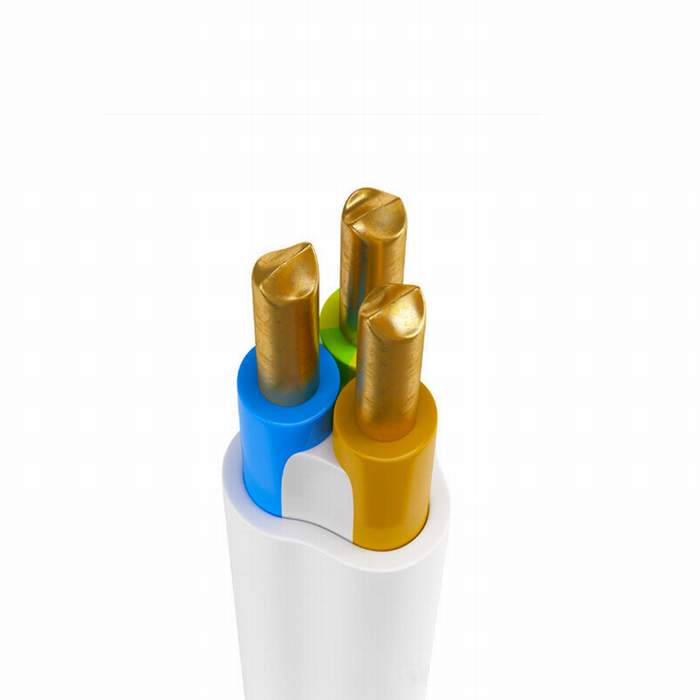
Photo Credit by: bing.com / wire coated pvc copper electrical cable core electric building
3 Types Of Electrical Wiring In Commercial Buildings
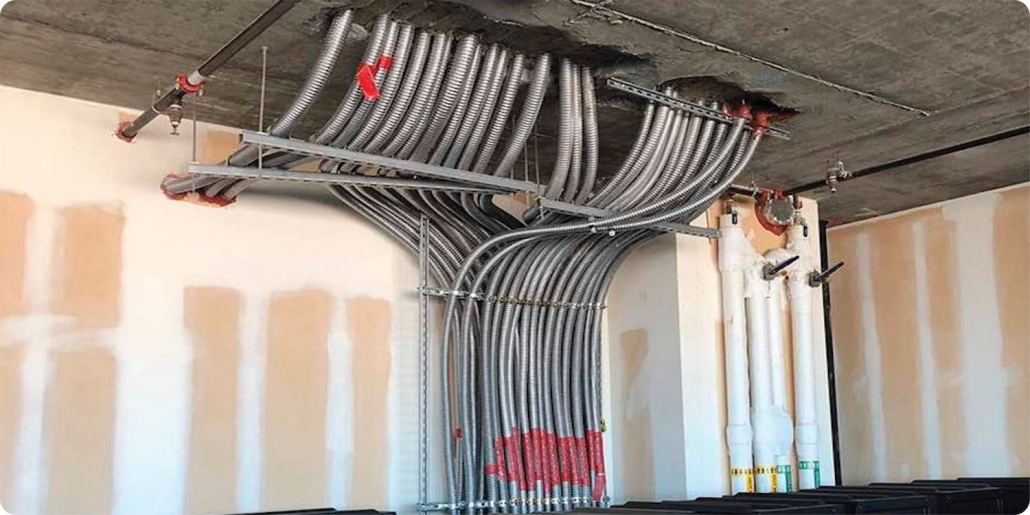
Photo Credit by: bing.com / electrical wiring raceways conductors pennaelectric
1.5mm Copper Electrical Cable PVC Building Wire - Jytopcable
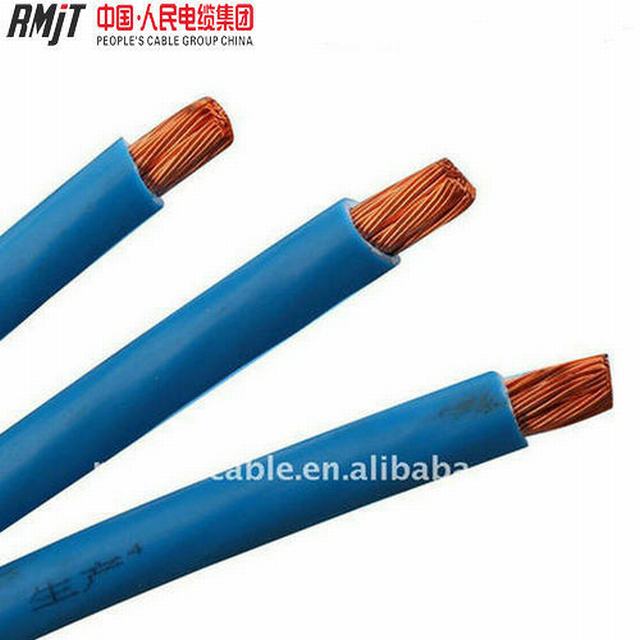
Photo Credit by: bing.com /
Electrical Wire In Building Stock Photo - Image Of Accessories
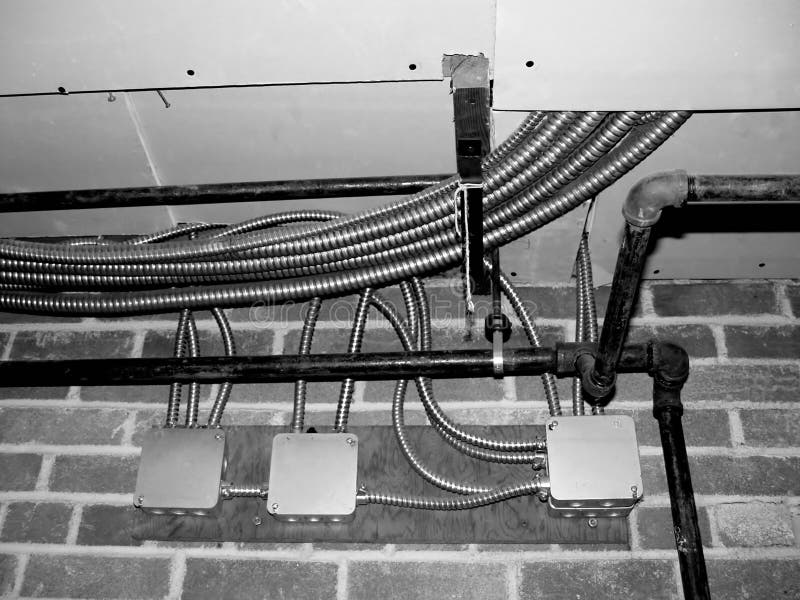
Photo Credit by: bing.com /
BS6004 Standard Copper PVC Insulated Electrical Building Wire - Jytopcable
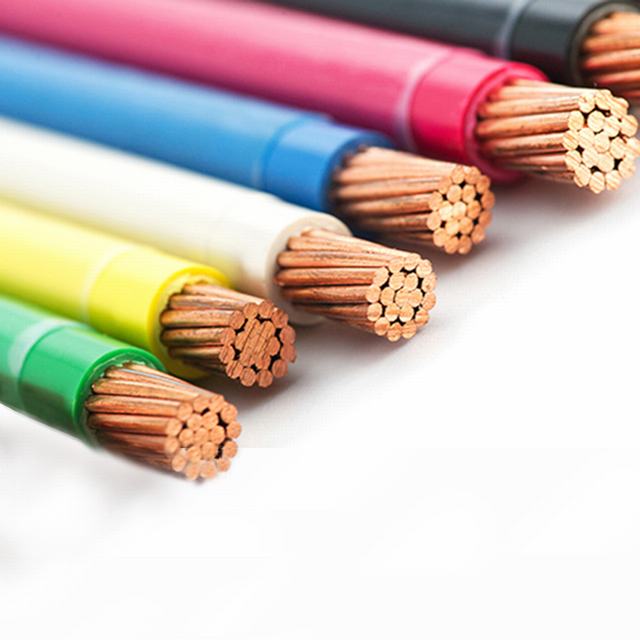
Photo Credit by: bing.com / wire thhn cable electrical copper building thwn insulated wires pvc columbia mm2 standard mtw market ampacity cables types marketersmedia global
0 Response to "Electrical Wire For Commercial Building"
Post a Comment